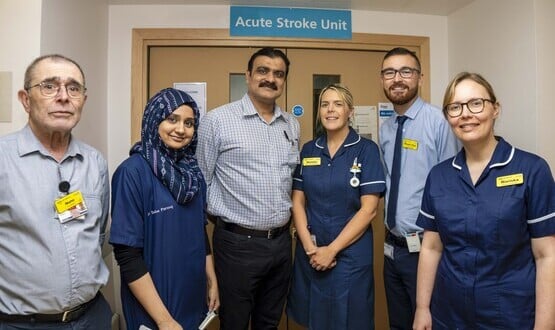Birmingham develops benchmark tool
- 3 April 2014

University Hospitals Birmingham NHS Foundation Trust has helped to create an international hospital benchmarking tool to understand variations in healthcare systems across the globe.
The trust developed the tool in partnership with KPMG in order to help hospitals learn from best practice around the world.
Daniel Ray, University Hospitals Birmingham’s director of informatics, said the aim is to compare indicators across quality, safety, efficiency and productivity.
“The International Hospital Benchmarking Tool is something we’ve been developing over the last 18-months with KPMG," he told EHI. "It’s a system where we are matching of multiple collections of data to try and understand variations in international healthcare systems’ outcomes.”
He explained that benchmarking internationally is different to benchmarking within the NHS. “If you benchmark one NHS hospital against another, they’re going to be incentivised by the same healthcare policies, tariffs and outcomes,” he said.
“Benchmarking one hospital against another is limited if you do it internationally, as policies vary across countries, but it comes down to two simple things: one is cash flow, in other words, they buy better consumables; but the most important one is variation in outcomes because of the way health care is delivered."
Birmingham and KPMG have collected data from 350 hospitals across seven countries: Australia; the Netherlands; the US; Northern Italy; England; Germany and the Czech Republic.
“We’ve engaged with different countries around the world. Early doors indicate that no single country is performing best across all departments,” said Ray. “Nobody seems to have it all cracked and so there have been some really interesting findings.”
The web based tool shows data across three levels. The first, high level overview shows the hospital’s performance against the indicators; the second shows in more detail the indicators that underpin the results, such as hospital mortality rates; and the third shows comparisons against other hospitals both in their own country and abroad.
“We’re at varying stages on working with this to getting it off the ground. With some hospitals we have agreements in place, with some we are far along in discussions with and with some we have just started discussions,” explained Ray.




